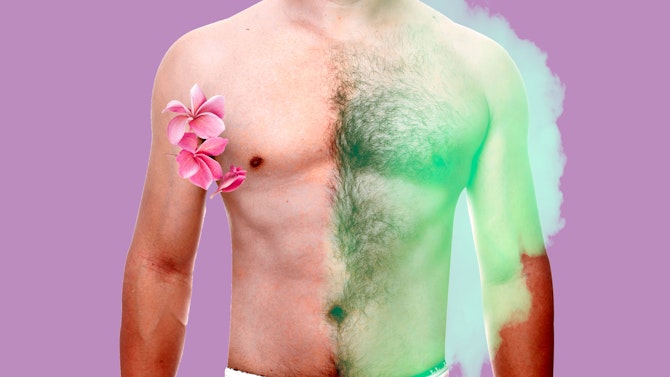I am sick to death of seeing
this State Farm commercial. Not only because I tend to get tired of commercials after a while (and this one has been playing for quite a while), but because it relates to a deeply contentious matter in my family.
When my mother first moved in with my stepfather, she wasn't allowed to hang anything on the walls. No family pictures, no art, no decorations, nothing. This continued for over ten years, even after they got married. My mother eventually started filling our home with more furniture and decorations, decorating for holidays, changing things out every so often to keep things fresh. Nothing superfluous, just a few things to look nice, things she got because they made her happy. She also turned the unused space in the back into a workstation for her personal projects like wrapping the Christmas presents (which were entirely her responsibility to buy and wrap) and making party decorations for her friends and family.
My stepfather loathed it all.
He grumbled about it every time she changed something or brought in something new; "You're filling up my house with junk," "I don't have any space left that's my own," "I hate all of this crap." It caused many an argument, usually boiling down to "you've domesticated my property, and now I feel excluded because it's too feminine for me." Keep in mind: they're married and share this space equally, and nothing my mother did was overtly feminine; it's not like she put pink lace everywhere. His solution was to make himself a man cave. He turned the office into his private haven that my mother wasn't allowed to touch, and it was true to his minimalist, utilitarian vision he enforced back in the beginning. And he stays in there most of the time now.
I've found the recent phenomena of the "man cave" and, even more recently, the "she shed" to be fascinating. It's worth note that "man caves" became common well before the feminine equivalent. Man caves are a direct backlash of the feminization of domestic life, which is ironic, given that the cult of domesticity forced women to be the sole keepers of domestic life while the labor force was masculinized. Once women began to enter the labor force and work became less masculinized, men began seeking that masculine space wherever they could get it. Of course, domesticity was too feminine for them, so they made jokes about the things their wives do to make their homes pleasant space to live in and carved themselves private spaces in their homes where they could display their fishing poles and golf clubs and other manly bric-a-brac.
So where do "she-sheds" come in? She-sheds are usually sheds in the backyard where women can do the extra girly stuff, the stuff that apparently isn't even allowed inside their own home. And so we return to the commercial. The worn-out husband who clearly despises his wife's she-shed. A shed. In their backyard. The very idea of his wife's feminine getaway weighs heavy on his burdened shoulders. It's even implied that he's responsible for its destruction. There seems to be a turf war being fought in America over our domestic spaces, spaces that women are apparently supposed to maintain and keep in order but not actually have any influence over. Men like my stepfather value the property they own as a possession, a trophy, a power they wield. I'm interested to see how this war continues to play out, especially among a generation so estranged from homeownership.






